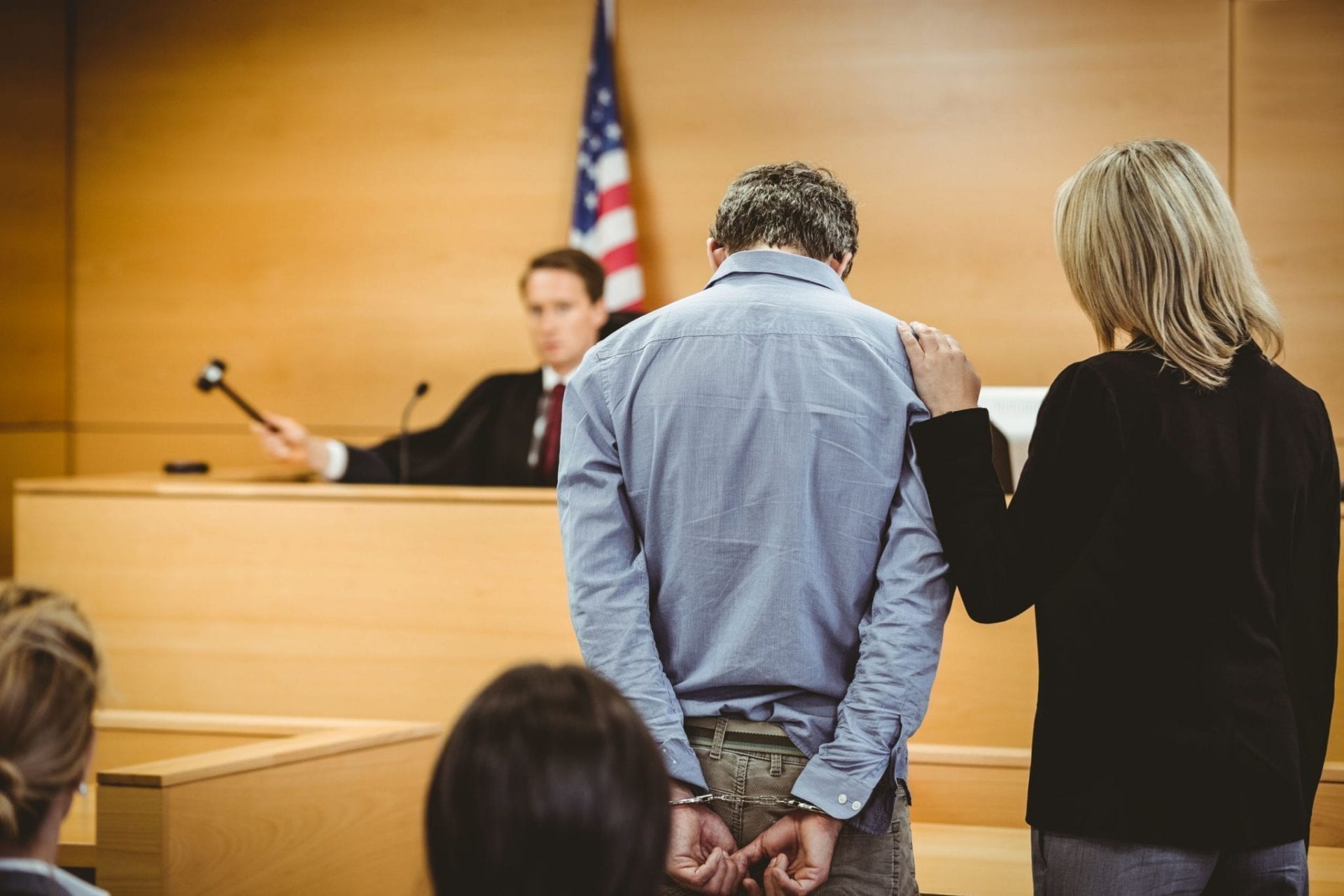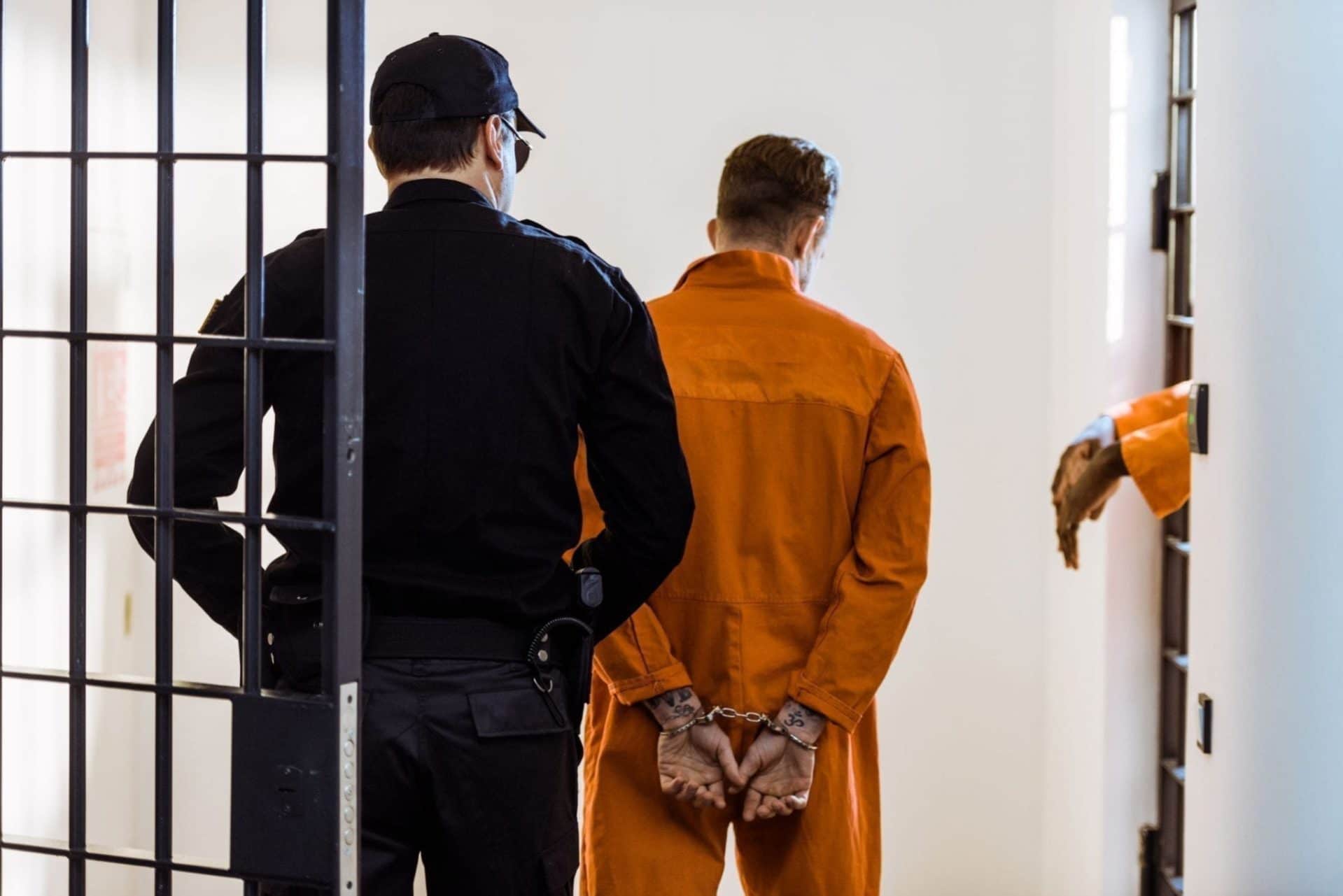Mass Incarceration for IL Drug Crimes Are Real, but Just Part of Problem
Whether you are a police officer, a criminal defense lawyer, or someone who is facing violent crime charges, we can all agree: America has a prison problem.
How big is the problem? While our country has just under 5% of the world’s population, we account for 22% of the world’s prison population.
Why?
In recent years, a lot of fingers have pointed at The War on Drugs and federal drug crime laws. After all, half of the people in federal prisons are behind bars for drug crimes, and this argument was made quite effectively in the 2010 book The New Jim Crow: Mass Incarceration in the Age of Colorblindness.
In recent months, however, another book has made the rounds. Locked In: The True Causes of Mass Incarceration and How to Achieve Real Reform offers a different argument. While author John Pfaff says that federal drug laws are a part of the problem, he offers evidence showing that it is not the main one, and that there is much more work to be done in order to reduce the prison population and overall crime rates.
Both books are worth a read, but the latter offers some interesting (and sometimes uncomfortable) insights on what contributes to high prison populations throughout the United States. Specifically, Locked In makes the argument that violent crimes, local and state prisons, and prosecutors pay a far more prevalent role in prison populations than The New Jim Crow states.
Why Illinois Law Enforcement Is an Important Piece of the Puzzle
It’s important to remember that the criminal justice system plays out on several levels, including state and federal levels. Pfaff argues that while reforms have been focusing on how to fix mass incarceration at the federal level, state and local reforms are more crucial to decreasing the overall prison population.
After all, 87% of the prison population is in the state systems. Moreover, while drug crime offenders make up half of the federal prison population, the rate is much lower in state and local prisons. The highest percentage of convicts – by far – are there for violent crimes. This is a huge distinction to make when people are considering how to move forward with criminal justice reforms.

In 2017, Illinois passed a law decreasing sentences for nonviolent offenders while increasing sentences for violent offenders. One of the arguments for this bill is that long sentences for nonviolent offenders take up the space that “should” be given to violent offenders who committed more serious crimes.
This, however, merely shifts the group that is arguably being over-penalized, and would seem to do little to help reduce the prison population.
The Role of Prosecutors and Plea Deals in Illinois and Beyond
Whether you are reading The New Jim Crow or Locked In, you will see one glaring statistic: over 90% of all convictions are determined through plea deals. Prosecutors offer plea deals to defendants who claim to be innocent, but face long, threatening sentences if found guilty.
The prosecutor will offer to lower the sentence (and remove the prospect of a long, grueling court case) in exchange for a guilty plea. This can be tempting for many violent offenders, especially if the evidence appears to be stacked against them or they put their trust in a public defender who is swamped with other cases.
Bottom line? Prosecutors play a crucial role in incarceration. They choose when to press criminal charges and they choose what charges to press (felony vs. misdemeanor, etc.).
If a prosecutor wants to overlook a certain type of drug crime entirely, they can.
Take prosecutors who refuse to prosecute people who are caught with small amounts of marijuana. Larry Krasner made this move after he became the District Attorney of Philadelphia. In an instant, charges were dropped from 293 cases.
Despite this, prosecutors are rarely the focus of criminal justice reform. Even if the number of arrests for nonviolent or violent crimes goes down, prosecutors can ramp up the number of charges that they press – and continue to put more people behind bars.
What Does This Mean for Defendants in Illinois?
When you are charged with a crime, you are going up against a very powerful figure. Prosecutors have the ability to negotiate your sentence, drop charges, or tack on additional charges – with few limitations. If they decide to move forward with charges related to violent crimes, you might be facing immense pressure to plea and reduce your potential sentence. A sentence that was probably too high to begin with.
Whether you are facing charges for violent crimes or drug crimes, you have the right to an attorney. Unfortunately, public defenders across the country are overworked and overwhelmed, which only increases the likelihood that cases will end in plea deals that aren’t good for the defendant. (In Locked In, Pfaff mentions that a journalist once saw a public defender run through 48 plea deals in a single courtroom. Do you think any of those defendants got a truly “fair trial?”)

To fight back effectively, it’s important to build an aggressive defense with the help of a skilled Chicago defense lawyer that has the time and means to focus on your case. You deserve more than to be one of 48 people waiting their turn to be sentenced to prison without a fair defense.
About the Author:
Andrew M. Weisberg is a former felony prosecutor who now serves as a defense attorney in the greater Chicago area. He has extensive experience in handling all types of criminal cases, from sex offenses and domestic violence to retail theft-related crimes, murder, and drug crimes.







 Blog Home
Blog Home 










